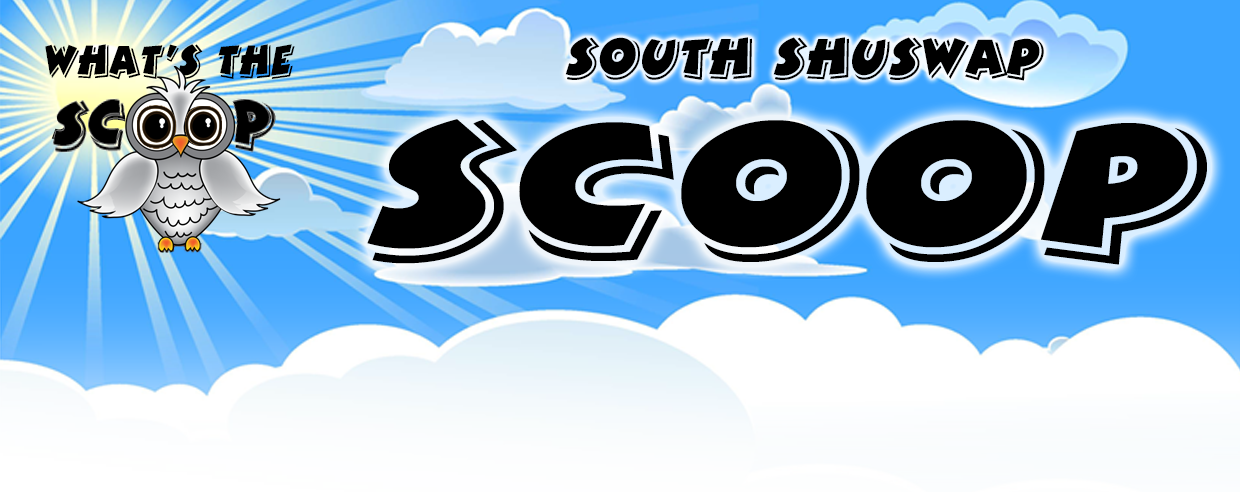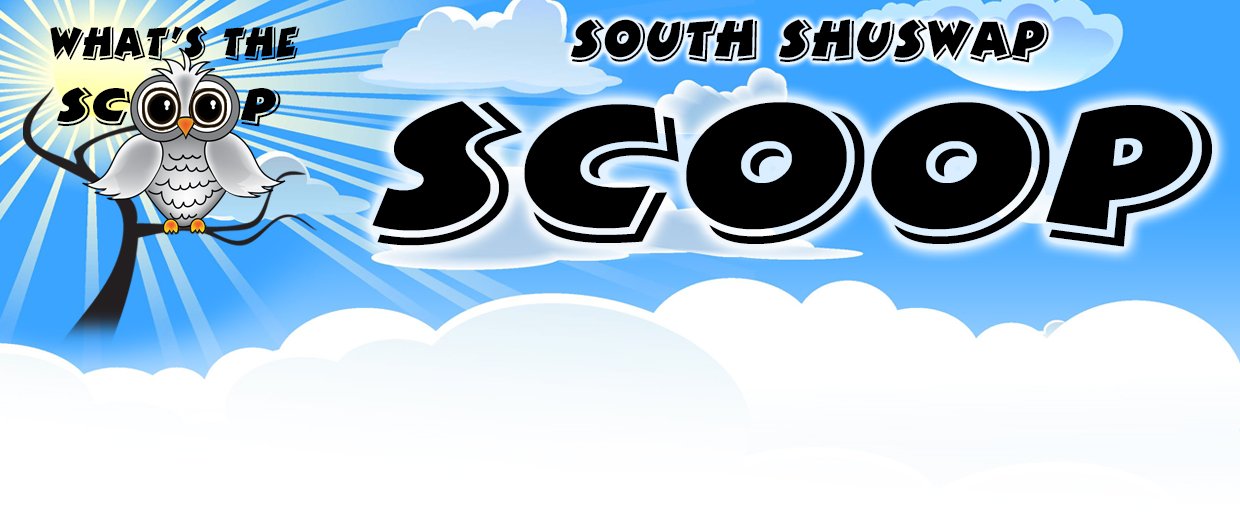SWC Supports Salmon River Research
SWC Release
An example of Floating Treatment Wetlands. (Source - International Institute for Sustainable Development.)
A Master’s student from Royal Roads University is studying the water quality in the Salmon River, and how constructed ‘floating treatment wetlands’ (FTWs) may help to preserve and improve water quality in the river.
The Salmon River – a large tributary to Shuswap Lake – is important for fish and wildlife habitat, domestic water security and irrigation for agriculture, and to the water quality of Shuswap Lake. Earlier studies done by UBC Okanagan and monitoring by the BC Ministry of Environment & Climate Change Strategy have shown that the Salmon River carries a significant load of phosphorus and other nutrients to the lake which have contributed to the formation of nuisance algal blooms in Salmon Arm Bay.
Margot Webster, the student leading the research project and a biologist by vocation, has a particular interest in algal blooms – something she has in common with the Shuswap Watershed Council (SWC).
“Floating treatment wetlands are a kind of nature-based solution that can improve water quality by absorbing nutrients and contaminants from a waterbody,” Webster explains. “They are a simple, low-cost treatment with many ecological benefits. My research project will investigate how effective they are in the Salmon River.”
Webster will build three FTWs using wooden raft materials, matting, and netting. The structures will be ‘planted’ with native species of wetland plants, then installed and anchored in the lower Salmon River later this spring. Webster will monitor water quality above and below the FTWs throughout the field season, and analyse tissue samples from the plants in order determine how much nutrients the FTWs take up from the river water. The field season will conclude this Fall.
The research is supported by funding from the BC Graduate Scholarship and the Shuswap Watershed Council (SWC) with resource contributions from the BC Ministry of Environment & Climate Change Strategy. Scholarship funding will provide $5000 – 10,000 and the SWC is providing $5509 in 2024.
“We’re really pleased to be supporting this research,” says Rhona Martin, Chair of the Shuswap Watershed Council. “This is an important water quality issue locally. We look forward to hearing the results and, potentially, considering how constructed floating wetlands could be a tool to improve water quality in the Shuswap watershed.”
The Shuswap Watershed Council is a watershed-based partnership organization that works on water quality and safe recreation in the Shuswap.
For more information, please contact Erin Vieira c/o the Fraser Basin Council in Kamloops at 250 314-9660 and visit www.shuswapwater.ca.


